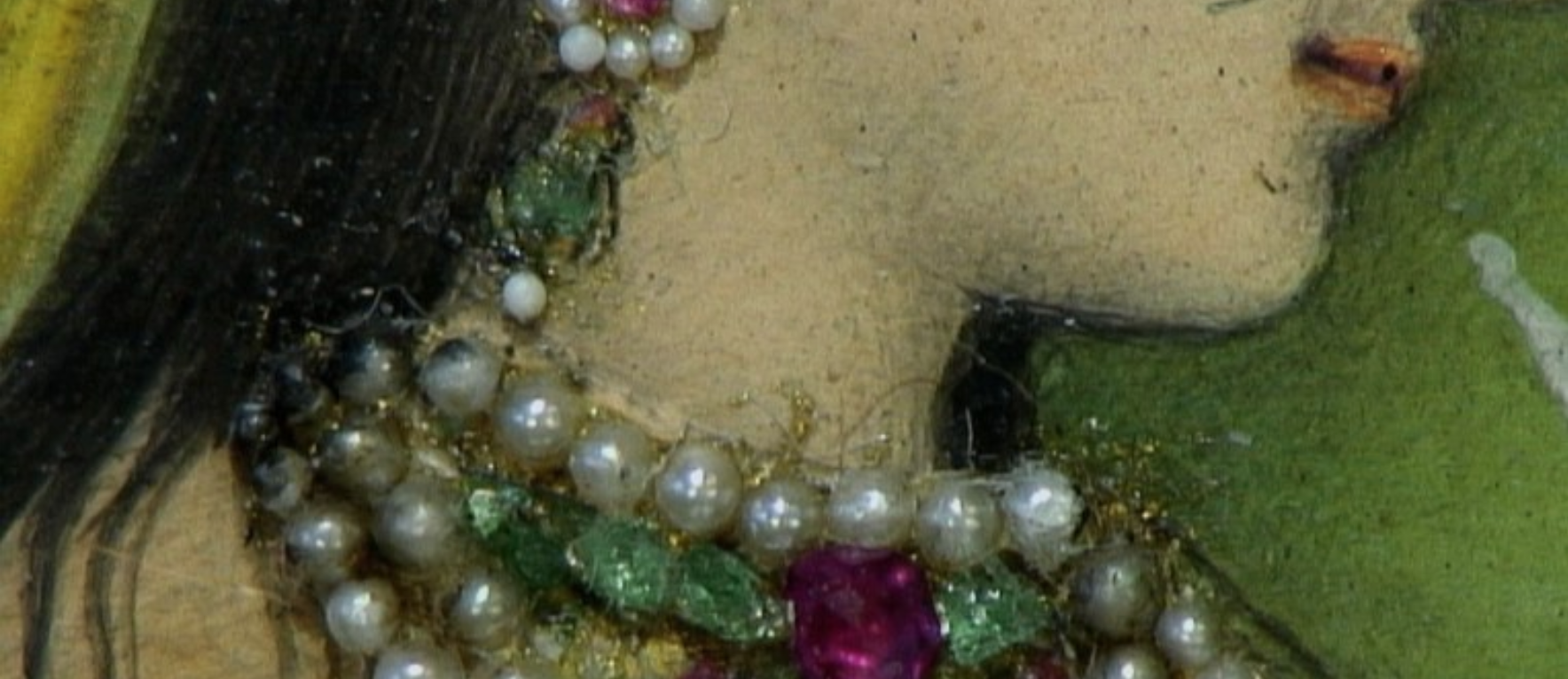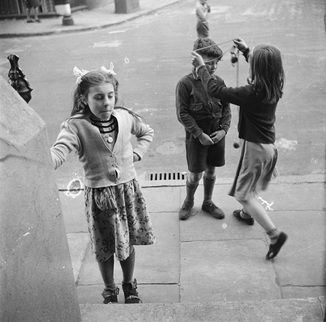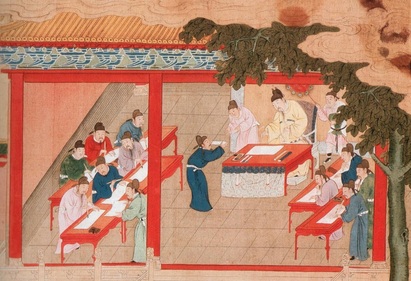Such Year 7 eccentricities prosper in a happy school. I intervened with a pair blissfully unconcerned about the pile-up of traffic on the bridge behind their experiment into picking up things while pretending they had no hands, as they explained as I towed them into a layby. Another keeps me daily informed on the progress of her new brace.
Year 8 are developing the anxieties of adolescence. I scrutinised a science corridor this morning and advanced upon two pleasant citizens outside a lab. Behaviour walkabout gives you familiarity with those few more likely to be without than within and these were strangers to truculence. ‘We can’t go in because of the lungs on my desk’ was the beguiling reason. And so it was: offal being inflated with a bicycle pump by a technician while the teacher (‘I’m not at my best with this sort of stuff’) kept a respectful distance. The transfixed class bickered mildly about vegetarianism while scrutinising the biology.
I’ve spent a lot of weekends recently separated from the Roberts sofa, at conferences and meetings. It was at one such that a colleague used a new-to-me feedback mantra of ‘I like, I wish, I wonder’. Struth. I like Year 7, I wish they wouldn’t cause an embouteillage, I wonder why some people will happily poke at a pair of lungs while others turn green? She also talked about ‘lethal mutations’ of previously good ideas, an obvious but helpful description, like when a concern for teachers’ workload leads to a rigid, strangulating, pre-packaged lesson delivery.
There is a part of the forest specialising in lethal mutations. Current scuffling under the foliage from Sanctuary Buildings appears to be muffled mutterings about academisation, of interest to those 21% of us secondary schools still blessedly council-run. SoS Zahawi hasn’t really said anything and Herrington the Schools Commissioner says there isn’t a master plan yet. But soft! In a dull-sounding consultation entitled ‘Reforming how local authorities’ school improvement functions are funded’, launched inevitably during half-term, we find:
the government’s longer-term ambition for all schools to become academies within a strong MAT
The report uses the brain-scrambling terminology of de-delegation which, despite tussling for decades, I have to work out every time. De-delegation is when a Local Authority doesn’t pass part of the schools’ grant into schools’ delegated funding but keeps part of it for a particular purpose. I was once trapped in a consultation about de-de-delegation for which ‘delegation’ didn’t seem to be an acceptable contraction. As Ted Lasso says, I’m still looking forward to having it explained to me. I choose not to panic.
Next door the World Peace Game in is full flow with citizens of the Republic of Tallis alongside those from the hill tribes of Eltham and Parliament. They’ve just had the term ‘sitrep’ explained to them and are dealing with submarine menaces, I think. They understand that negotiation takes forever but is the only guarantee of lasting success. Some of the visitors are very inquisitive about what else is happening here and pass slowly by my door or glue their noses to the window.
They’d have had a treat yesterday for Remembrance, with everyone quiet on the yard under the spell of a magnificent trumpeter from the band of the Grenadier Guards. Someone wrote to me saying that we disrespect the remembering of the war dead by looking at the racism and colonialism inherent in our conflict history and I am sorry if it looks like that. We don’t, but our young people have to learn from the past so they can make the future better.
I like, I wish, I wonder. I like schools and their children. I wish we knew what we wanted from a national education system. I wonder why ideas mutate lethally and everyone shouts madly at each other.
I hear through the door that global warming hasn’t been solved by the 12-year olds. It’s enough to make anyone eat their pearls.
CR
12.11.21


















 RSS Feed
RSS Feed